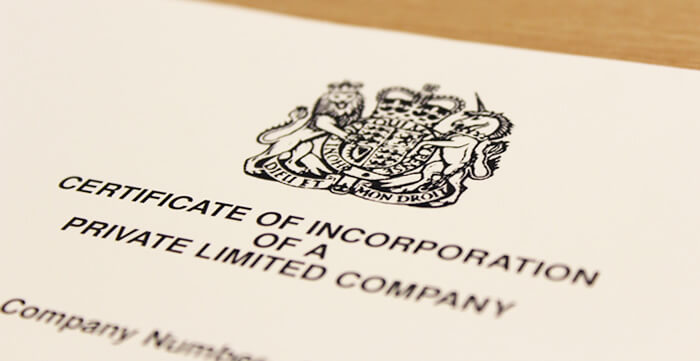If you’re aiming to start a business, one of the first questions that you’ll have is: what type of company should I set up? Why do some businesses have “Ltd” at the end of their name? And what’s the difference between a sole trader and a partnership? These are common thoughts — and the answers can seriously affect how much admin you’re doing, how much tax you pay, and whether your personal bank account gets dragged into business or not.
A sole trader is the simplest setup. You are the business. You keep all the profit, but you also carry all the risk — if it flops, you’re personally on the hook. A partnership is just a joint sole trader setup, so you and your mate split the profits and the problems. Still very easy to start, but again, risky. If your partner takes out a dodgy loan, you’re still liable.
A limited company (Ltd) is a different beast. It’s its own legal entity (it’s only legal person to make it similar to the above). That means if the business crashes, your personal stuff (house, savings, even the dog) is protected. You’ll pay corporation tax on profits instead of income tax, and you can pay yourself with a mix of salary and dividends — which can be more tax efficient. But… there’s paperwork. You’ve got to file annual accounts, confirmation statements, and register everything with Companies House. Not hard once you know how, but definitely not “set it and forget it”, not filing the above paperwork can land you in hot water and can lead to expensive fines.
Then there’s the Limited Liability Partnership (LLP) — a mix of the two. Great for professional services like accountants or solicitors. It gives partners the flexibility of a normal partnership but with limited liability. And finally, the big guns — the Public Limited Company (PLC). These are the ones that can float shares on the stock market. You need at least £50k in share capital, and there’s a pile of red tape — but it’s how major firms raise big money.
If you’re thinking of launching a side hustle or scaling your empire, pick the setup that matches your risk tolerance, tax goals, and how allergic you are to admin. Because how you start can save — or cost — you a fortune down the line.



